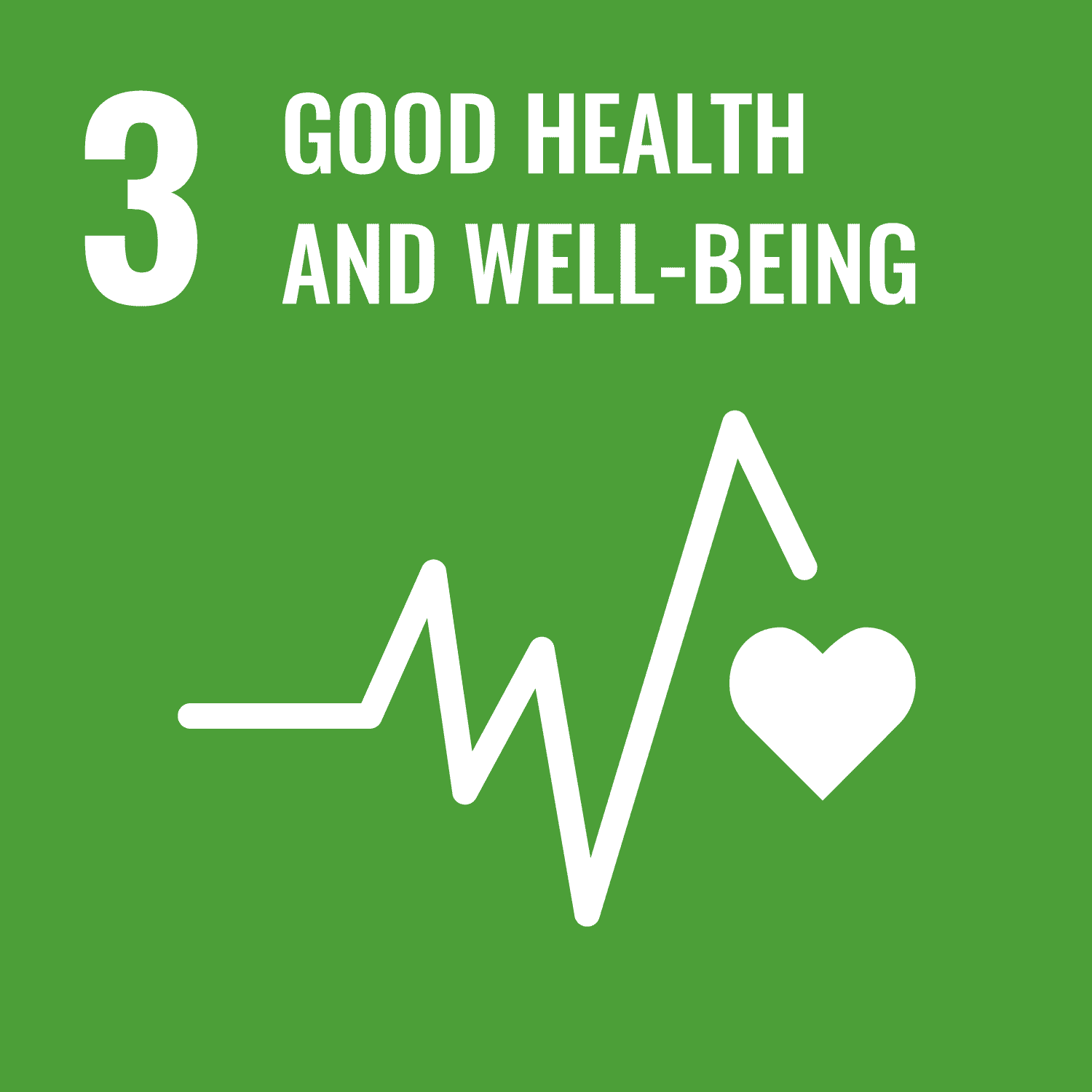Liudmyla agrees that now she tries to find time every day to at least go out into the yard and calmly drink tea. Previously, due to constantly caring for her mother, husband, and children, she didn’t even have time for that.
Over time, a real community has formed, where people support each other in chat rooms and on Zoom calls. There were other meetings as well, such as with a human rights lawyer. He taught them how to defend their rights and receive the government services to which they are entitled. For example, one woman from the newly formed community had a sister who was denied free medical treatment. She remembered the lawyer’s advice, referred to it, and the doctors immediately agreed to provide the necessary services.
In total, Vseturbota has already helped more than 14,700 people. The initiative is currently operating in communities in the Rivne, Lviv, Dnipropetrovsk, Poltava, Cherkasy, and Khmelnytskyi regions. A single team consisting of social worker Nataliia, nurse Viktoriia, and driver Mykola visits 100 families in the Rivne region every month.


